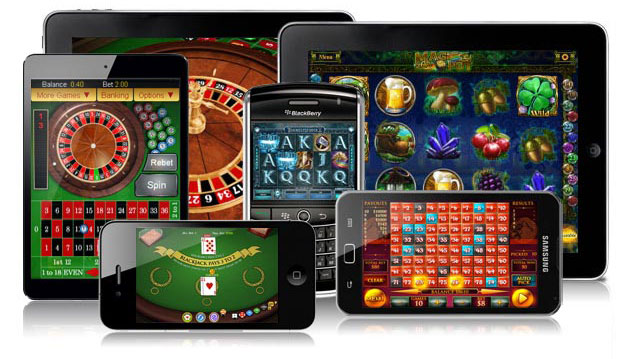Your phone buzzes. You look and it warns you “Danger! Life-destroying addiction ahead.” Would you pay attention?
We rely on our smart phones to alert us about severe weather and heavy traffic on the road ahead. Recently published research by the Responsible Gambling Council in the United Kingdom now indicates that online gamblers who show signs of compulsive betting could soon receive targeted warning messages on their mobile phones.
The Council’s research explored the potential usefulness of gambling industry-held data and behavioral analytics in the remote gambling sector that would indicate markers of harmful or risky behavior. Further they recommended practical applications on how to reduce and control risky behavior.
Using behavioral analytics, the researchers found 22 predictive markers based on a gambler’s betting patterns that accurately detected problem gamblers. The markers included statistics on the amount of time a bettor spent on gambling, the volatility or the variation in how much they bet, the average number of bets a day and the average value of the bets they placed. A tailored intervention based on the person’s risk thresholds could provide a practical approach to stemming risky behavior that could lead to addiction.
The Sunday Herald in Glasgow quoted one of the researchers as saying, “Around 40 percent of gambling is now done online and of course 80 percent of the population now have smart phones so, they are carrying around a casino in their pockets.”
And another recent report from the UK’s National Problem Gambling Clinic found the number of people being treated for gambling addiction who play via their tablet or mobile phone has increased from 24 percent of patients three years ago to 63 percent in 2016.
Again, the Sunday Herald: “Clearly, all forms of gambling are risky but the real challenge with online gambling is there is nobody physically supervising you. There is nobody watching your reactions or monitoring your emotions. So, detecting when somebody is getting into trouble is a lot more difficult.”
Maryhaven’s problem gambling experts provide prevention, intervention, and treatment services to individuals and families throughout Franklin County who are experiencing the effects of pathological gambling (often referred to as gambling addiction). The team also offers help to those who may be “at risk” for becoming addicted and to teens/adolescent who could benefit from prevention talks.
Maryhaven offers one-on-one or group counseling and family counseling. Note that because up to half of problem gamblers have a co-occuring disorder, Maryhaven is uniquely able to treat mental health or other addiction issues simultaneously.
One tool Maryhaven’s counselors use well is cognitive behavioral therapy or CBT. CBT is a short-term, goal-oriented psychotherapy treatment that takes a hands-on practical approach to problem-solving. Counselors use CBT to change a person’s ways of thinking or behaviors that are behind a person’s difficulties.
Our counselors also teach several different mindfulness techniques to help problem gamblers deal with the cravings that keep pulling them back into the gambling. “Your brain can’t do two things at once,” one of our counselors likes to say. “If you exercise or go for a walk, your mind is elsewhere for that next 15 to 20 minutes, giving the cravings time to pass.”
For gamblers who have received treatment and moved forward to recovery, peer groups such as Gamblers Anonymous allow them to share positive ways to counter the cravings through others who are living through it. The organization Gam-Anon provides similar support for families of those who are recovering from gambling addiction.
Problem gamblers who have acknowledged their addiction attend counseling sessions that help them explore the causes for their gambling habits and steel them against a gambling relapse. Face-to-face sessions with counselors remain pivotal in treatment. Technology can provide the addict with help and reinforcement on-the-go through their smartphone or desktop computer.
As research into problem gambling peels back the causes and identifies new treatments, software in the form of mobile apps and desktop gambling website blockers have become a vital part of the recovery mix. Dozens of website blockers exist for desktop and mobile devices. Some target only gambling sites. Some require the user to buy the app or software, but offer a “light” version for free. As with most apps, some work better than others. While not advertising or promoting one over the other, we want gamblers seeking help to control their addiction to know that such tools are there for them to explore.
Now, technology ventures further and may be able to predict when a gambling pastime could turn into a problem. The new technology is promising because it is truly with the person 24/7, when family or counselors may not be available. But also because it reinforces the core points of therapy. More than half of the problem gamblers who call a national helpline in Scotland bet remotely.
If you think you or someone you love might have a gambling problem, call us at (614) 324-5425 or schedule an appointment today. That’s another great use of your smartphone.

